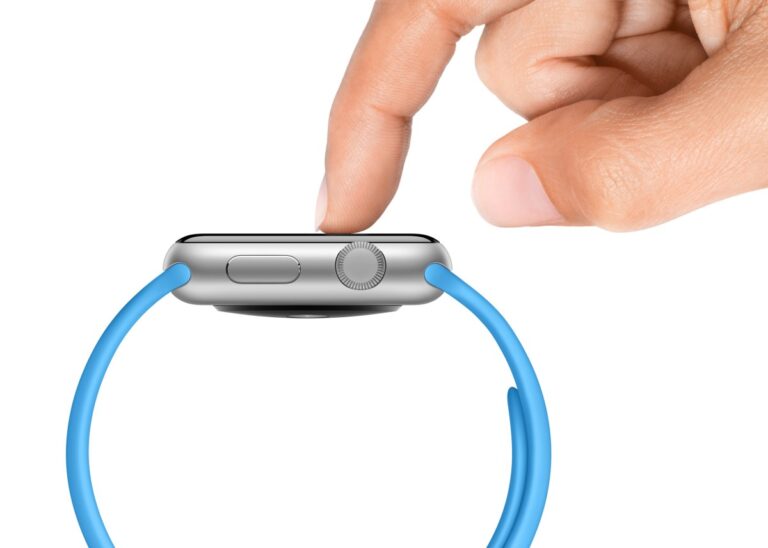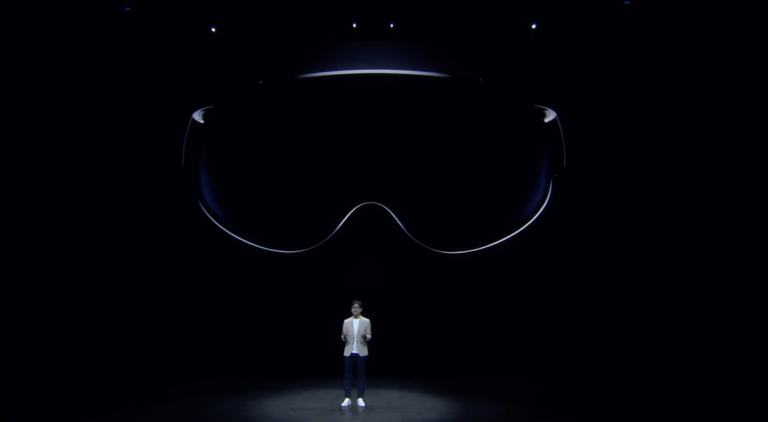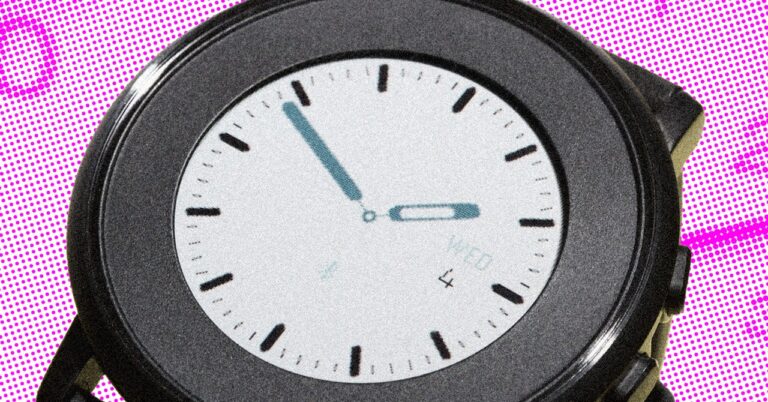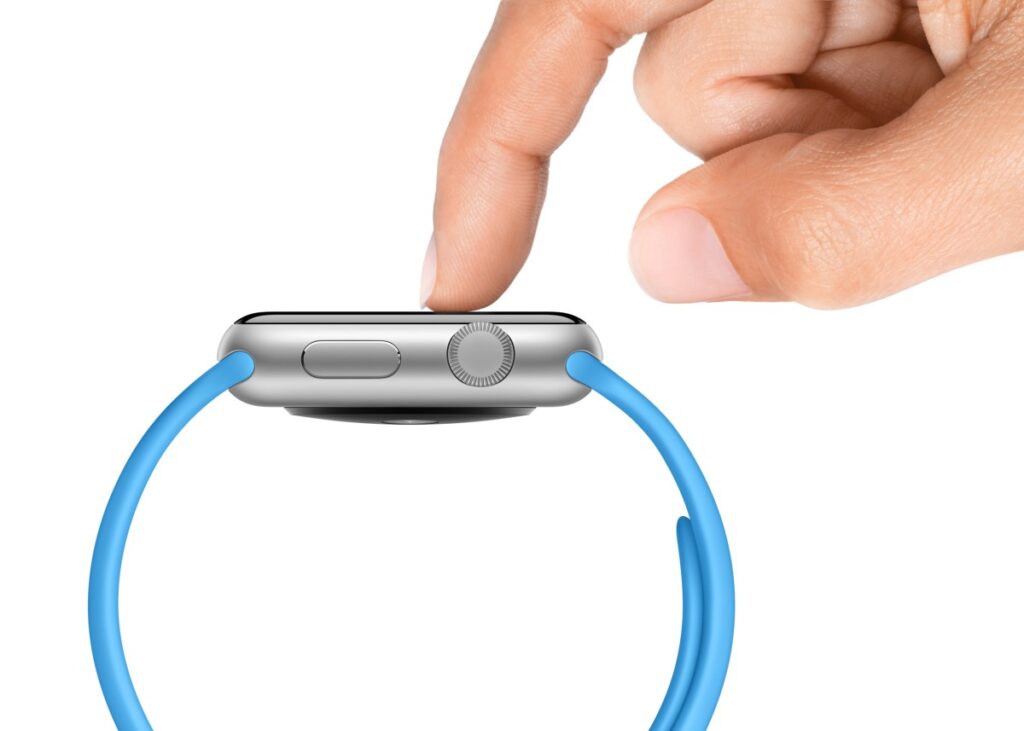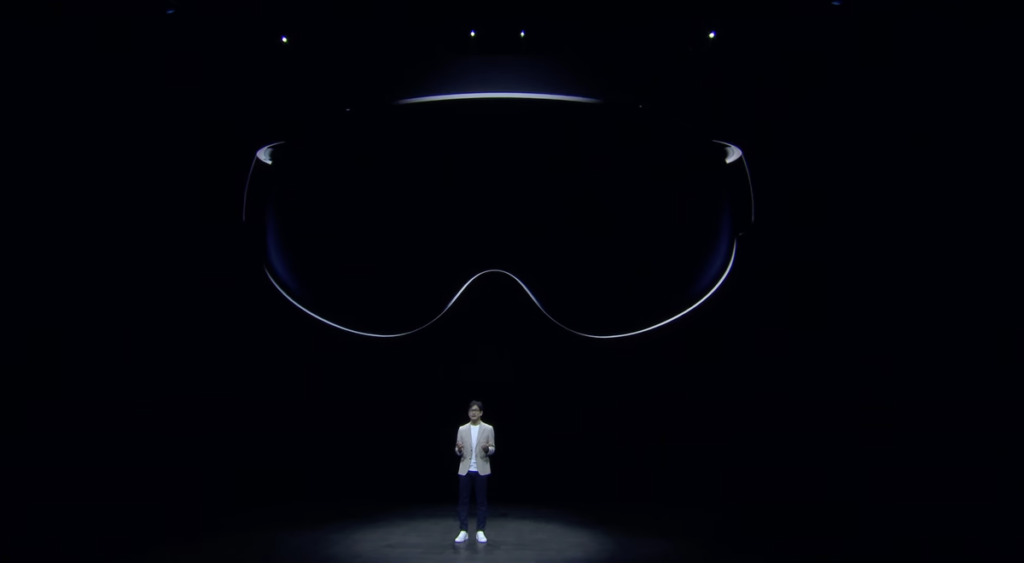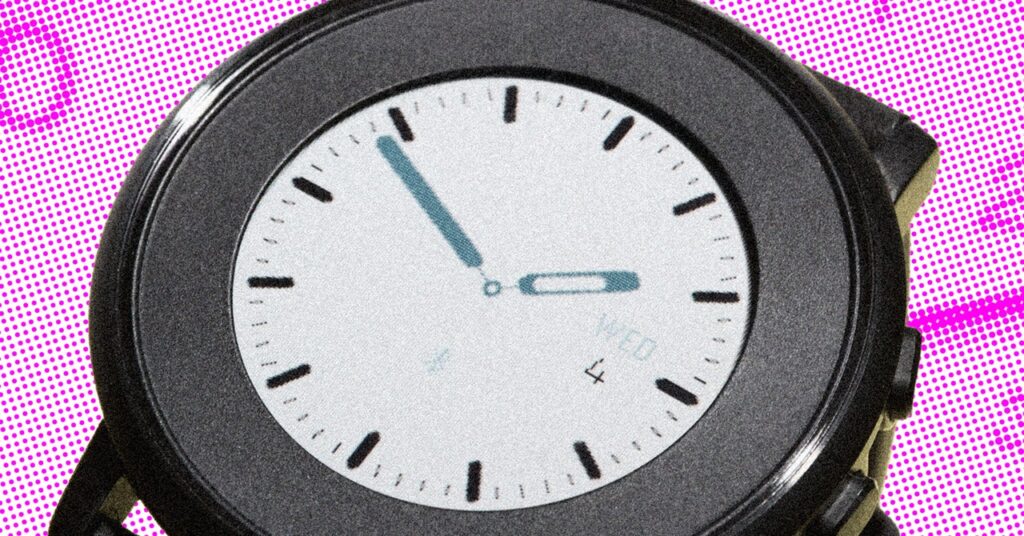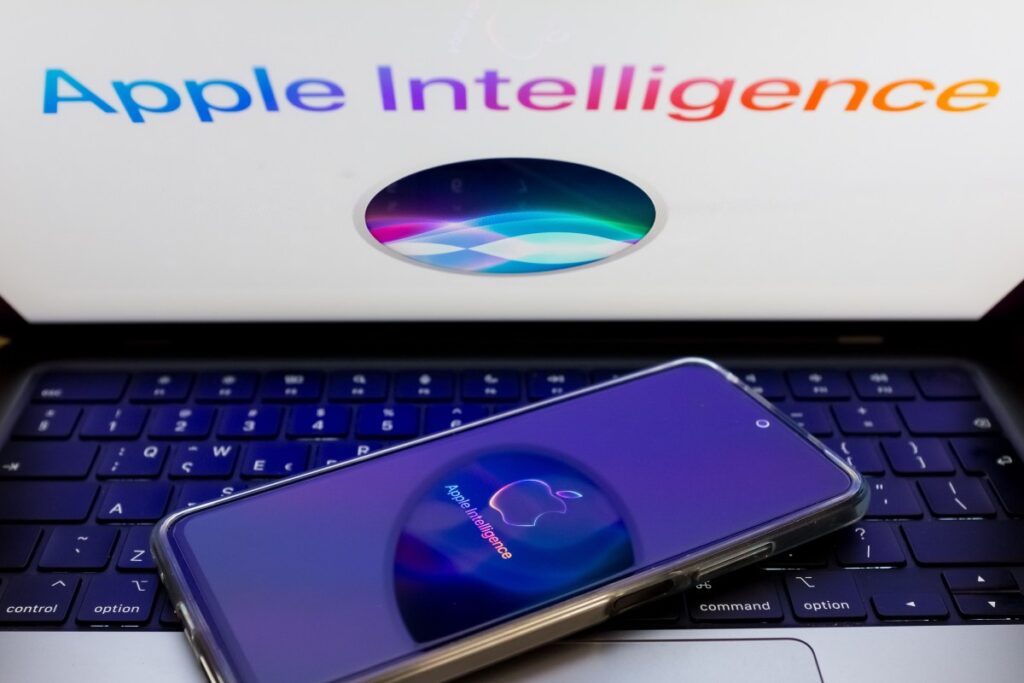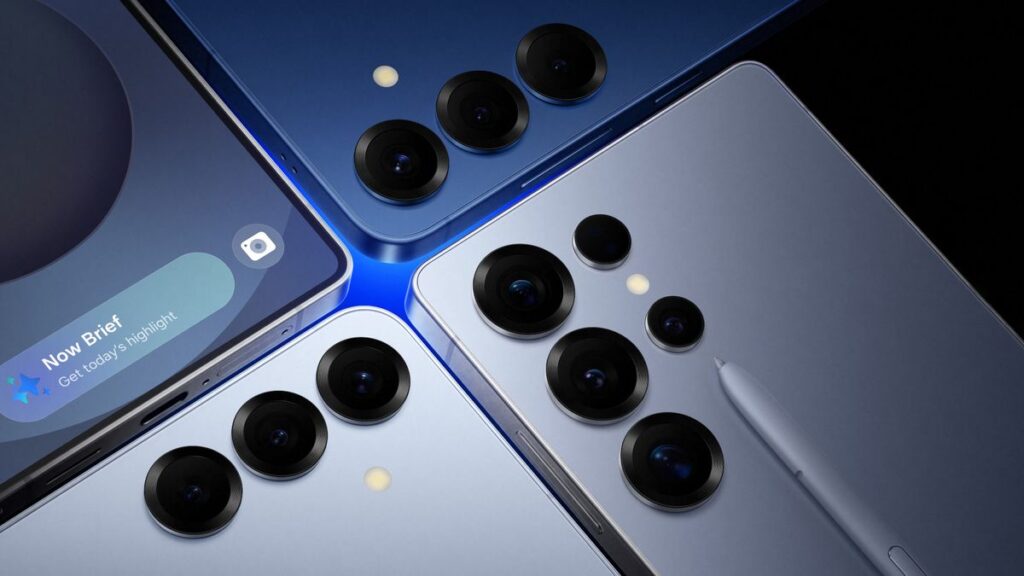Fitbit’s Ionic Smartwatch and the Burn Hazard Issue
Fitbit, a well-known name in the wearable technology industry, is facing a significant challenge with its Ionic smartwatch. The device has been under scrutiny due to reports of burn hazards associated with its battery. Users have experienced skin burns after wearing the smartwatch, prompting the U.S. Consumer Product Safety Commission (CPSC) to take action. This situation has led Fitbit to accept a hefty penalty of $12 million, an amount that reflects the seriousness of the problem and the need for consumer safety.
The Ionic smartwatch was initially launched as a fitness tracker, boasting features that appealed to health-conscious consumers. However, it has now become a point of concern due to its potential risks. The CPSC received numerous complaints from consumers who reported adverse incidents, which led to an investigation into the safety of the smartwatch. This development has raised questions about the overall quality control measures in place for wearable technology products.
Understanding the Burn Hazard
The burn hazard associated with the Fitbit Ionic smartwatch primarily stems from the lithium-ion battery housed within the device. These batteries, while commonly used in electronic devices for their efficiency and compact size, can pose risks under certain circumstances. Reports indicate that some Ionic smartwatches have exhibited overheating issues, which can result in burns or skin irritation for users.
The CPSC’s investigation highlighted that the smartwatch’s battery might overheat and cause blisters or burns when worn for extended periods. This has understandably alarmed consumers, especially those who rely on wearable technology to monitor their health and fitness. The severity of the burns reported varied, with some users experiencing minor irritation while others suffered more serious injuries.
Fitbit’s Response to the Situation
In response to the allegations and the subsequent investigation, Fitbit has taken steps to address the concerns raised by the CPSC. The company issued a voluntary recall of the Ionic smartwatch, urging customers to discontinue use and return the device for a refund. Fitbit has emphasized its commitment to customer safety, stating that it takes these issues very seriously.
In addition to the recall, Fitbit has pledged to improve its quality assurance processes to prevent similar incidents in the future. The $12 million penalty serves as a reminder of the importance of maintaining high safety standards in the consumer electronics industry. Fitbit’s actions demonstrate a willingness to take responsibility for the safety of its users, which is crucial in building trust with consumers.
The Financial Impact of the Penalty
The $12 million penalty imposed on Fitbit is significant and reflects the potential financial ramifications of safety violations in the tech industry. Such penalties can impact a company’s bottom line, affecting investor confidence and stock prices. For Fitbit, which is part of the larger Google ecosystem, this situation underscores the importance of maintaining a good reputation in a competitive market.
The financial implications extend beyond the penalty itself; the recall process can also be costly. Fitbit will need to manage logistics, customer returns, and refunds, which can strain resources. Additionally, the negative publicity surrounding the burn hazard could deter potential customers from purchasing their products in the future, further impacting sales.
Consumer Reactions and Concerns
Consumer reactions to the burn hazard and Fitbit’s recall have been mixed. Many users have expressed disappointment, especially those who invested in the Ionic smartwatch as a health and fitness tool. Trust in wearable technology is paramount, and incidents like this can lead to skepticism about the safety of similar devices.
Some consumers have taken to social media to share their experiences, highlighting the need for transparency from tech companies. Many users are urging Fitbit to provide clear communication about the issue and any steps being taken to ensure safety moving forward. This situation serves as a reminder that consumer feedback is vital in shaping the practices of companies in the tech industry.
The Broader Implications for Wearable Technology
The Fitbit Ionic burn hazard incident raises broader questions about the safety and reliability of wearable technology as a whole. As more people turn to smartwatches and fitness trackers to monitor their health, the demand for safe, high-quality devices has never been higher. This incident could lead to increased scrutiny not only for Fitbit but for the entire industry.
Other companies in the wearable tech space may feel pressure to enhance their safety protocols and quality assurance processes to avoid similar situations. The incident serves as a wake-up call for manufacturers to prioritize consumer safety and to be transparent about potential risks associated with their products.
Furthermore, regulatory bodies like the CPSC may implement stricter guidelines for testing and approving consumer electronics, particularly those that involve batteries. This could lead to a shift in how wearable technology is developed and marketed, ultimately benefiting consumers by ensuring safer products.
Future Developments for Fitbit
In the wake of the burn hazard issue, Fitbit is likely to focus on rebuilding its brand image and regaining consumer trust. The company may invest in research and development to enhance the safety features of its products. By prioritizing safety and transparency, Fitbit can work towards re-establishing itself as a leader in the wearable technology market.
Additionally, Fitbit may explore new product lines or iterations of the Ionic smartwatch. The company has the opportunity to learn from this incident and innovate in ways that enhance user safety and experience. Moving forward, it will be crucial for Fitbit to communicate openly with consumers about the measures being taken to ensure product safety.
The Importance of Consumer Safety in Technology
The Fitbit Ionic burn hazard incident serves as a critical reminder of the importance of consumer safety in technology. As devices become more integrated into daily life, ensuring their safety becomes paramount. Companies must prioritize the well-being of their users to maintain trust and credibility in a crowded marketplace.
This incident emphasizes the need for comprehensive testing and quality assurance processes in the technology sector. It also highlights the role of regulatory bodies in protecting consumers from harmful products. As technology continues to evolve, the focus on safety must remain a priority to avoid incidents that can lead to injuries and loss of consumer trust.
Conclusion: A Call for Accountability and Transparency
The $12 million penalty against Fitbit underscores the necessity for accountability in the tech industry. As consumers invest in wearable technology, they deserve assurance that the products they use are safe and reliable. Fitbit’s proactive response to the burn hazard issue is a step in the right direction, but it also serves as a call for greater transparency across the industry.
As the market for smartwatches and fitness trackers continues to grow, it is essential for companies to prioritize consumer safety. The lessons learned from the Fitbit Ionic smartwatch incident can pave the way for a safer and more responsible approach to wearable technology, ultimately benefiting both consumers and manufacturers alike.

